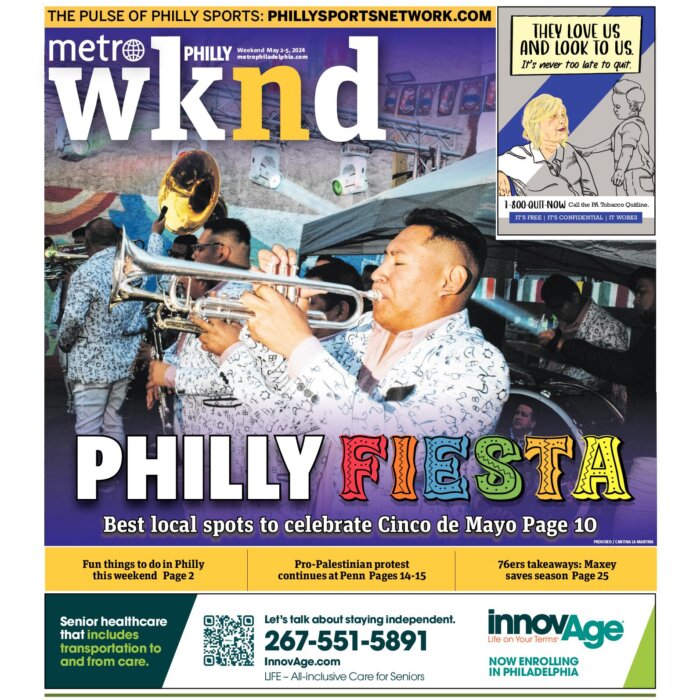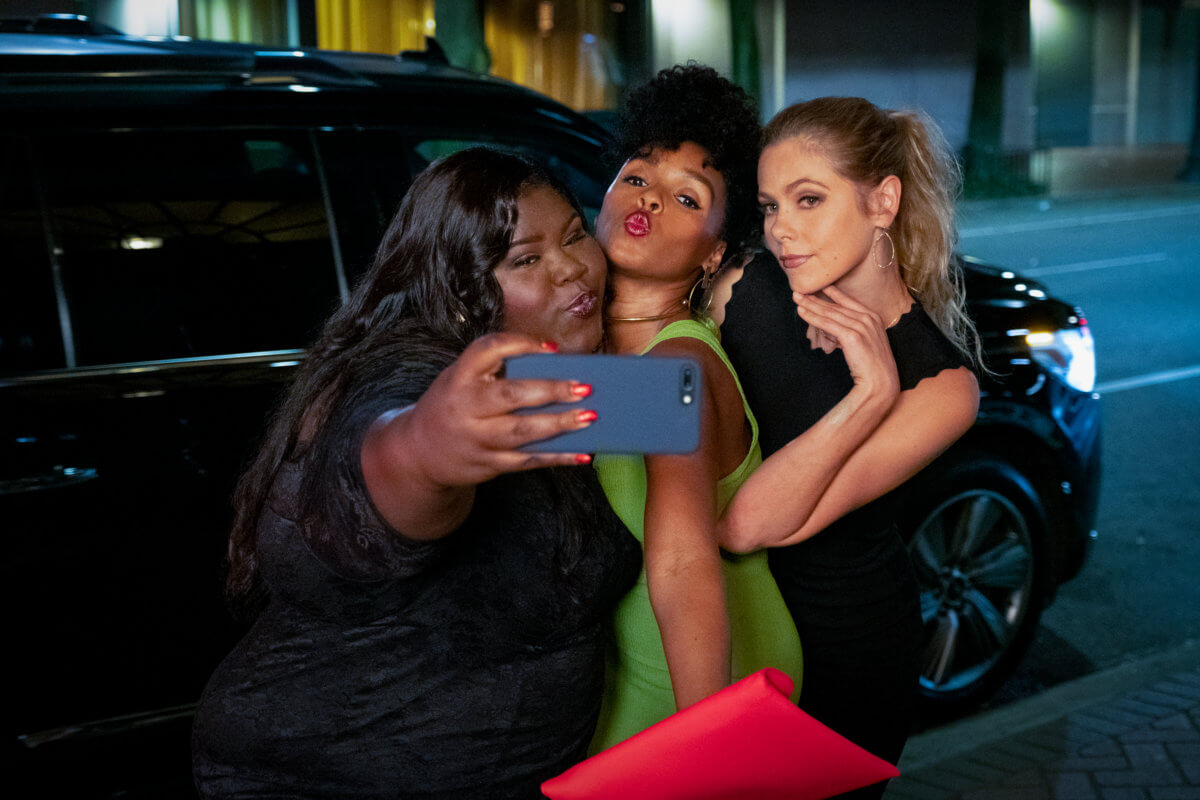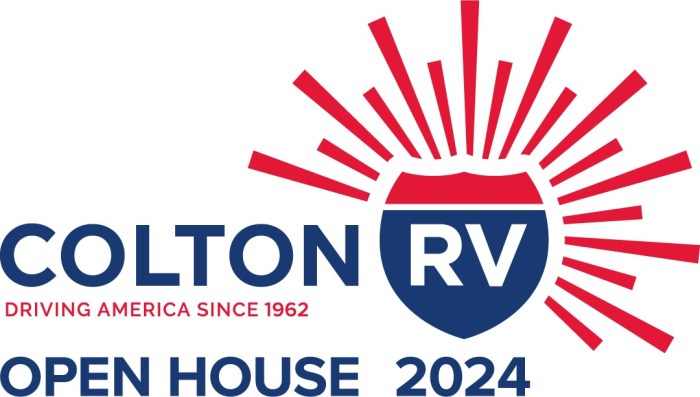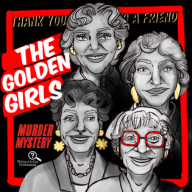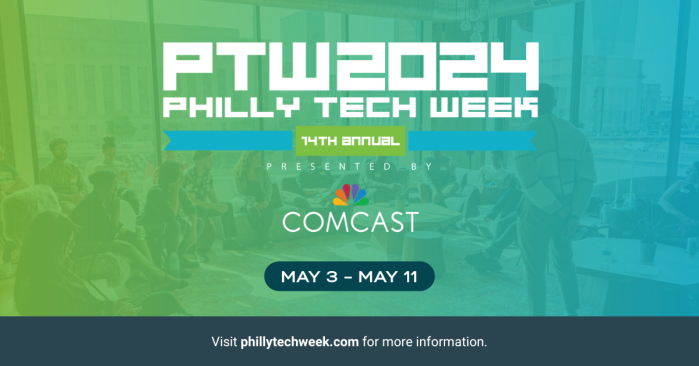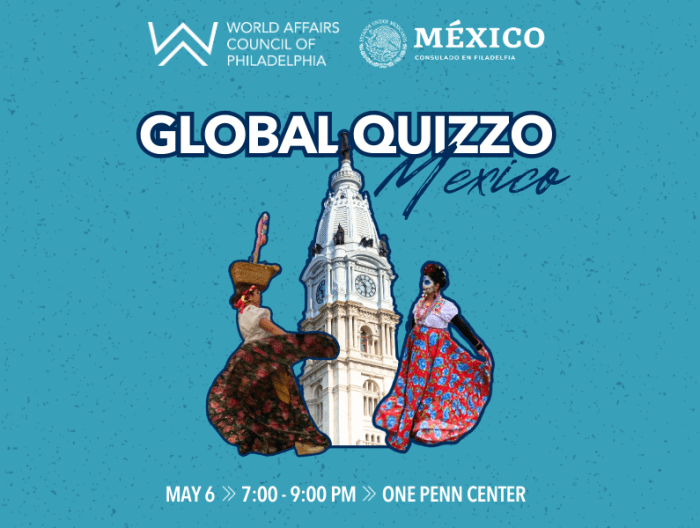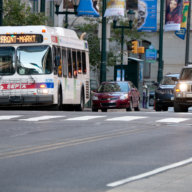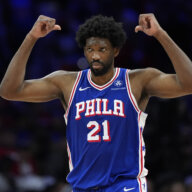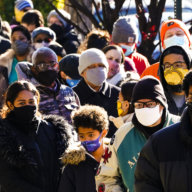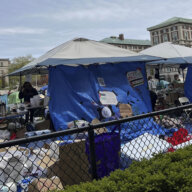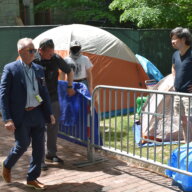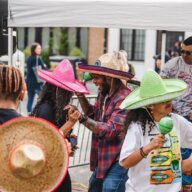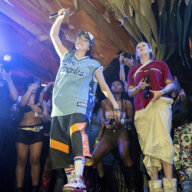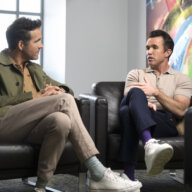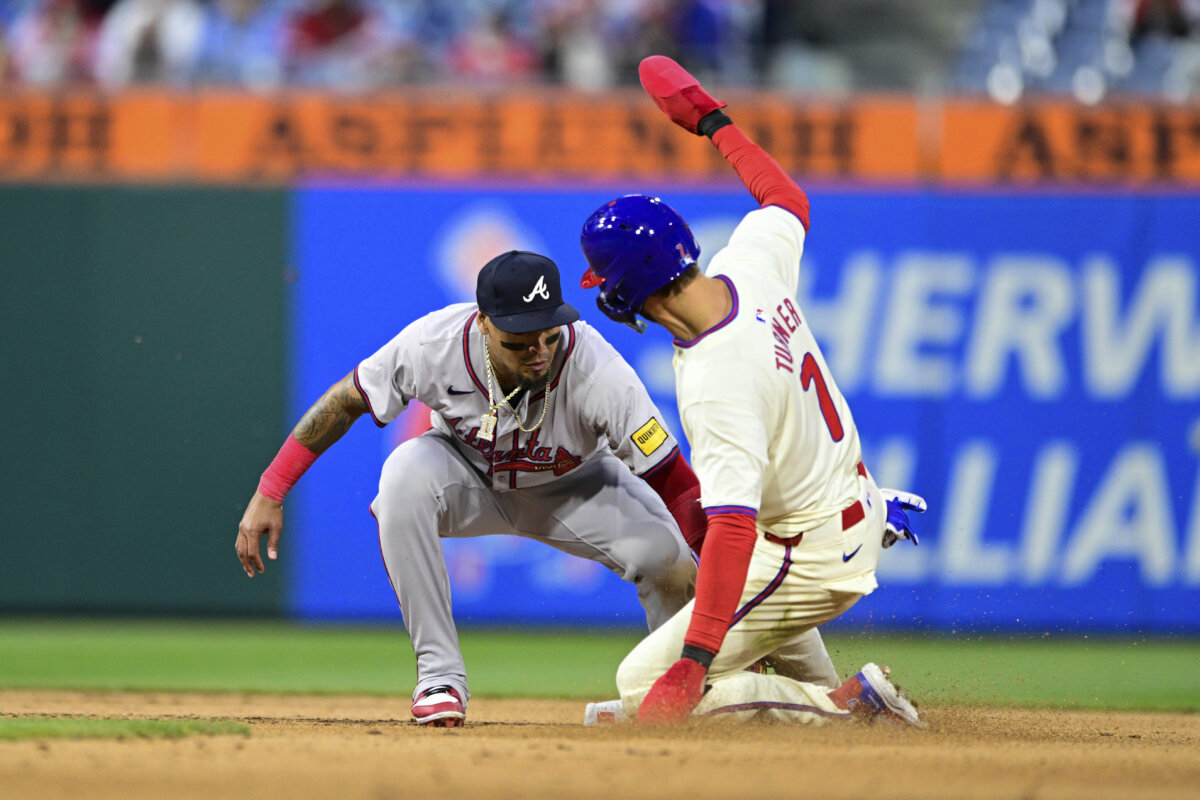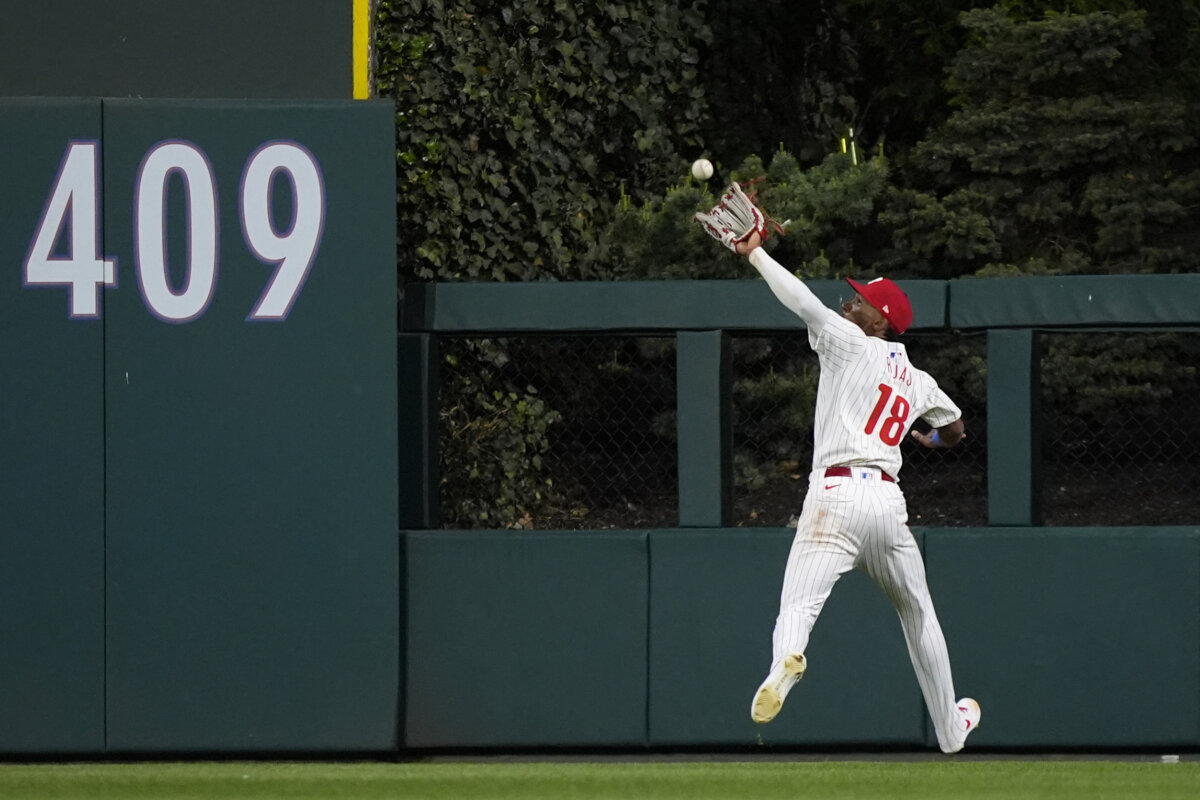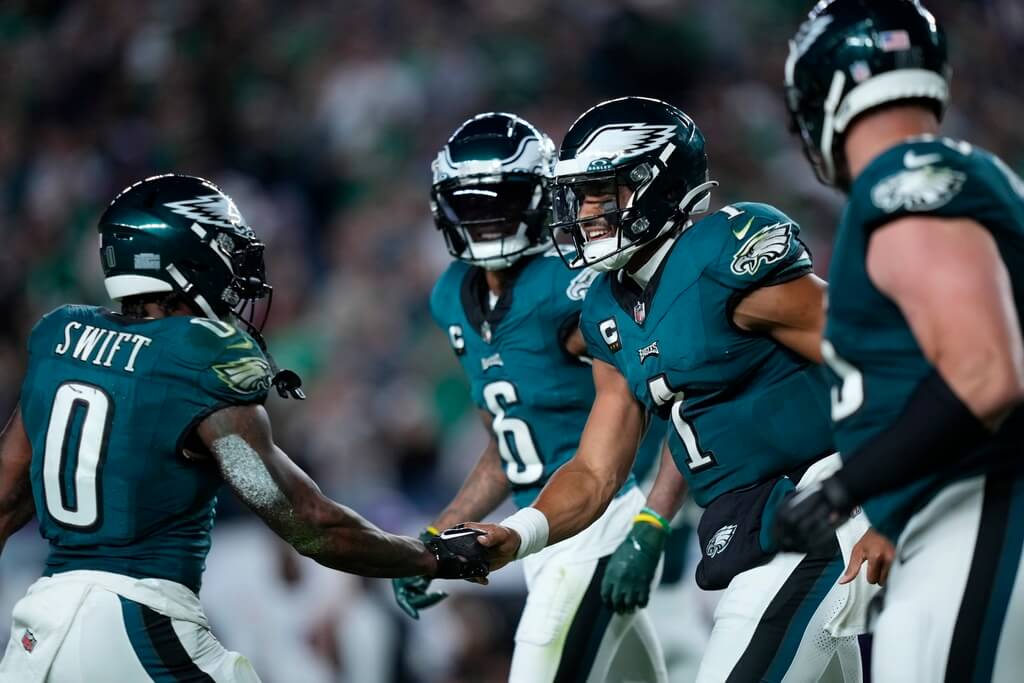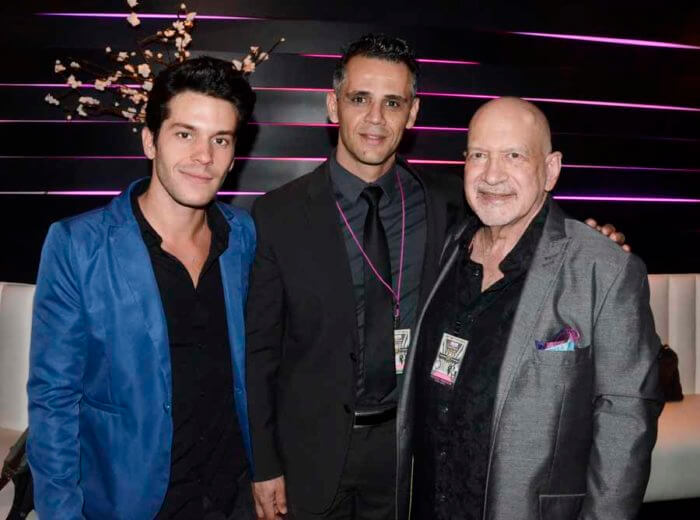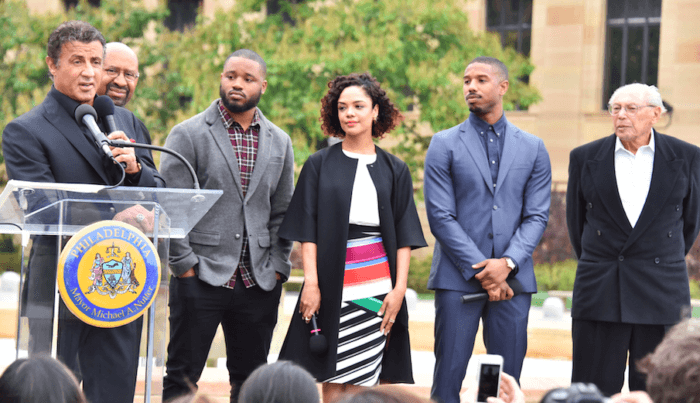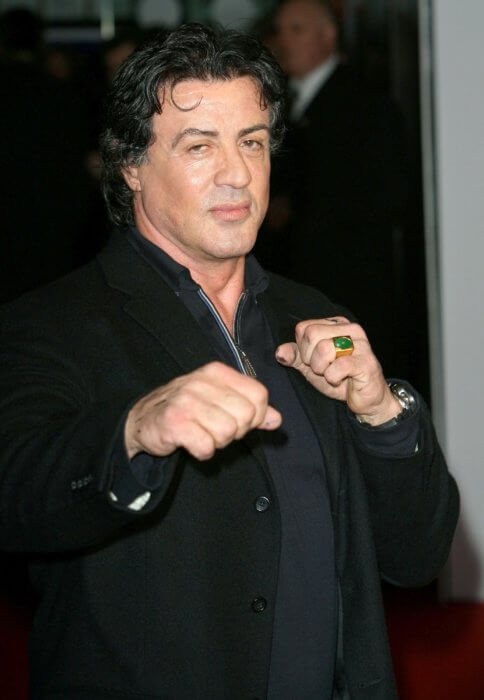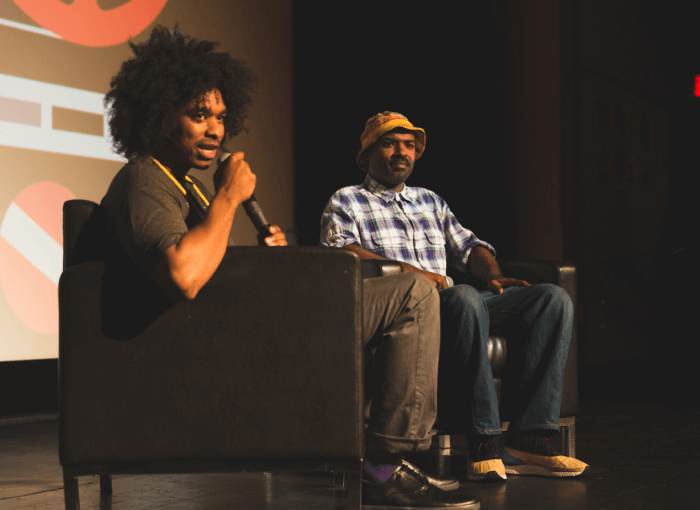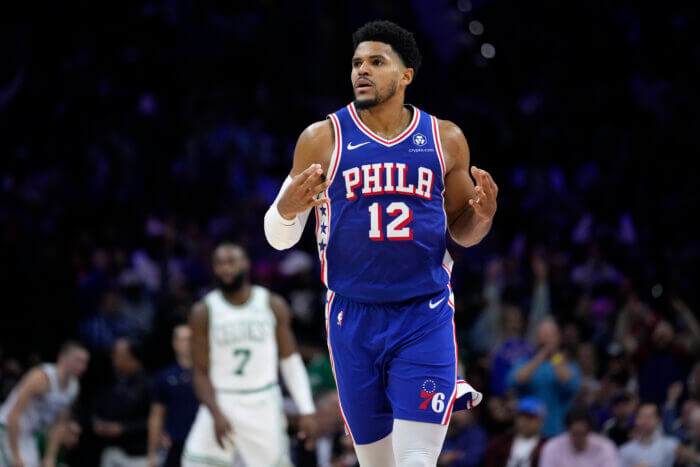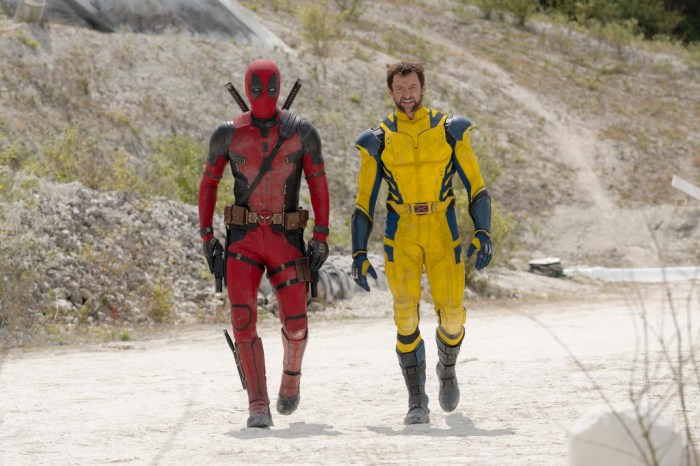There are few movies that not only delve into the past, but also showcase what is needed to help our present and change our future—and Gerard Bush and Christopher Renz’s “Antebellum” is one of them. The story follows one successful author and mother, Veronica (Janelle Monáe) who through a twisted turn of events finds herself in a completely different reality, one where she is enslaved on a plantation during the Civil War Era. If the plot sounds intense, that’s because it is. Everything from the cinematography to the acting is compelling, and although this film is certainly not for the faint of heart, it does force one to think a bit differently—which according to one of its stars might be what saves us yet.
Gabourey Sidibe who plays Dawn in the film sat down with Metro to discuss more about why this film and the events of 2020 are going to ‘move the world forward.’
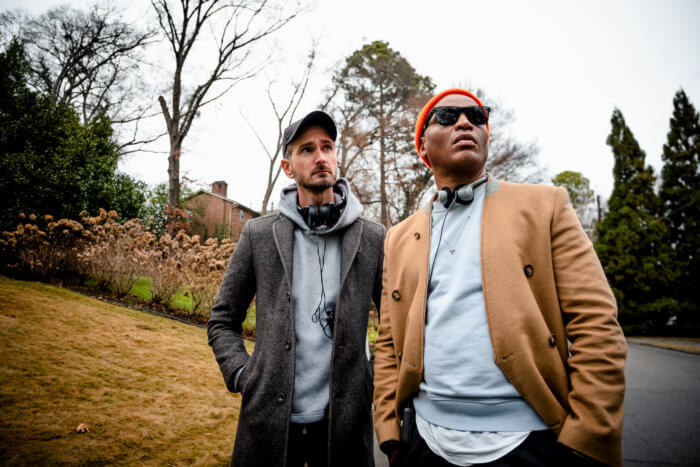
What was it about this project that drew you in and made you want to sign on?
Honestly, I just really enjoy work and art that feels like it’s moving the world forward. It really felt like this script was offering a conversation that we don’t often get to have—a conversation about race and a conversation about how slavery actually isn’t that far away and if we’re not careful, we can get back to that today. I just really love that. I don’t really care to do work that isn’t saving some part of me or that isn’t paying tribute to my mother and my mother’s mother.
Looking at your character specifically, what do you like about her? How would you describe Dawn?
So, Dawn is intelligent, she is well educated, she is gorgeous, she knows how to work and then she goes out on a Friday night and swipes through Tinder—she’s just young and trying to be in the world and have a lot of fun. What I like most about her is how far away she is from the slave narrative. She’s so far away from what Eden is going through. She is aware of it, but in a strange way, she has the privilege to not have to really endure it. I just think she’s such an important stark view at how far we’ve come, but also how far we can go. I think people think oh, they’re African American—so you’re beginning was slavery and that was your origin story, but that’s not true. Before we were slaves we were doctors, we were mothers, we were fathers, we were artists, we were society and we were stolen from that society and dropped in the middle of another one that degrades us and dehumanizes us and then even when we’re free, we can still be shot seven times in the back for breaking up a fight. So, we needed to see the society that Veronica was stolen from to know and to feel just how terrifying and horrifying it is to be stolen from your universe. That’s what I liked about her, she’s a very clear view into the fact that every person is their own universe in their own society, and when we steal them from that society, that society misses them and they miss their society.
Something the creators said that stuck out to me was that they wanted to show the horrors of racism through horror—why do you think showcasing true events in this format is impactful?
I think that being terrified and being scared and being anxious is a basic emotion that we’ve all felt. You don’t necessarily need to wake up a slave to know what it means to be afraid. We all understand fear, but not everyone understands racism. Certainly in this country, our white people do not deal with racism the same way people of color do. They don’t have to, that’s part of the privilege. You don’t have to deal with it, meaning you don’t have to see it, which means when everyone else is saying ‘Black Lives Matter,’ that feels like a threat. Well, we’ve never not been living under a threat, so I think what’s great about this film is the same thing that was great about “Get Out”: If we need to scare you, and if you need to feel fear in order to understand our greatest fear actually happened, it’s our history and can be our future as well. If that’s going to enable them to empathize with us, then come on over and get scared. Ten years ago, I couldn’t think of anything more terrifying than slavery. When you’re black, as a child you grow up and you’re aware of your blackness. White people don’t know they’re white until college, black people know that they’re black when they’re five years old and they hear someone call them the N word in the supermarket. That’s how we know we’re black, and how we know our position and value to other people and we know there’s nothing we can do about it. So, when I was a child, when I learned about slavery, I was terrified and scared and thought it could happen again. Are we sure this is never going to happen again? I couldn’t think of anything more terrifying and I think the further and further we get from it, we don’t have to think about it and we don’t have to feel the fear. What ‘Antebellum’ does is show you the actual fear. You could lose your life, you could lose your universe and you could lose your society—that’s the scariest thing I can think of.
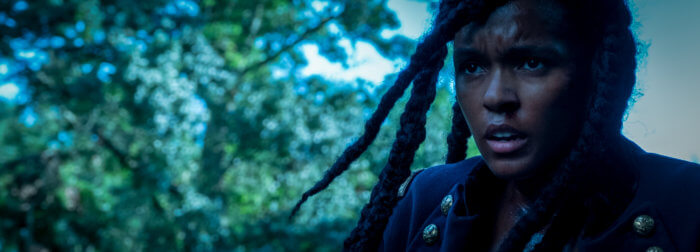
Overall what do you hope audiences take away from the film?
There’s absolutely a racial uprising that’s been a long time coming. The movement feels like it’s at a crescendo—it’s the most televised it’s ever been, it’s the most publicized it’s ever been. It really feels like this is the time for change and truly for real this time. So, this movie has come out at such a great time because we’re saying our lives matter and really cut this sh*t out, racism is real. This is actually a super racist country, and “Antebellum” is showing that—how can you say this is not a racist country, look at this. Also, my part with Dawn, even though she’s not a slave she is still dealing with micro-aggressions which are small, but it’s still death by paper-cuts. It’s still every single day, I’m not obsessed with my race, but my race is obsessed with me. Every interaction that I have inside or outside of my home is catered to my race. I hired someone to put closets in and they assumed that I’m the maid—literally. That’s a micro-aggression and it still cuts me and it still bleeds. So what should people take away from this? Just please see us. Stop denying that racism exists, stop denying that we exist, stop denying that slavery ever existed. Because if you can’t see me, I can’t be alive.
“Antebellum” releases on VOD Sept. 18th
